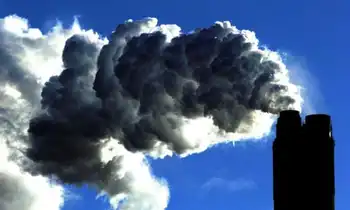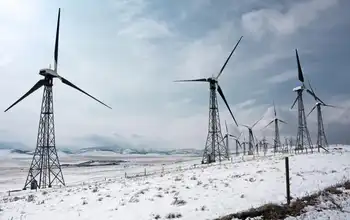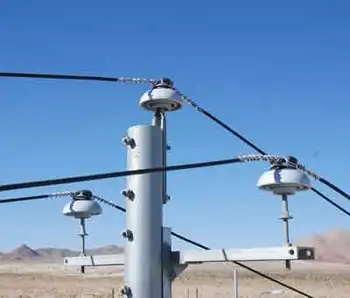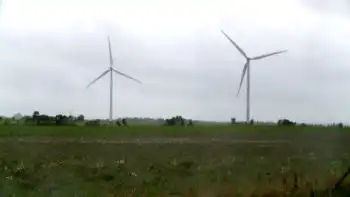U.K. lawmakers favor gas over nuclear power
LONDON, ENGLAND - Britain, Europe's biggest natural-gas consumer, should meet its electricity needs by relying on gas-fired plants and renewable energy sources in the next decade rather than nuclear power, a group of lawmakers said in a recently released report.
Nuclear power plants would take too long to build, would need subsidies and might cut carbon emissions less than expected, the House of Commons Environmental Audit Committee said.
The answer to meeting the country's energy needs lies in many more gas-powered electricity plants and increasing sources of renewable energy like wind and waves, said the 81-page report, titled "Keeping the Lights On." Under current plans, 18 of Britain's 23 nuclear reactors, some dating to the 1960s, will be shut by 2015. Even if demand does not increase, a quarter of British electricity generation capacity will have to be replaced over the next nine years, including gas- and coal-fired plants.
Nuclear and coal power plants now supply about 60 percent of Britain's electricity. "For nuclear power to be economic there have either to be huge subsidies or government guarantees," said Simon Shackley of the Tyndall Centre for Climate Change Research, an organization based in Norwich, England. The government, which has acknowledged it is likely to miss its own goal of cutting carbon dioxide emissions by 20 percent by 2010, is halfway through a six-month review of the country's future energy needs and how to meet them. The paper could be seen a blow to Prime Minister Tony Blair, who is believed to back nuclear power because, in November, he specifically asking the committee to consider the option.
Blair is expected to make a decision on whether to build more nuclear plants before Parliament recesses at the end of July.
The environmental committee raised other concerns about nuclear power, including the diminishing availability of uranium supplies needed to run the plants and the risk of terrorism.
Related News

Carbon emissions fall as electricity producers move away from coal
LONDON - Carbon emissions from the global electricity system fell by 2% last year, the biggest drop in almost 30 years, as countries began to turn their backs on coal-fired power plants.
A new report on the world’s electricity generation revealed the steepest cut in carbon emissions since 1990 as the US and the EU turned to cleaner energy sources.
Overall, power from coal plants fell by 3% last year, even as China’s reliance on coal plants climbed for another year to make up half the world’s coal generation for the first time.
Coal generation in the US and Europe has halved since…




